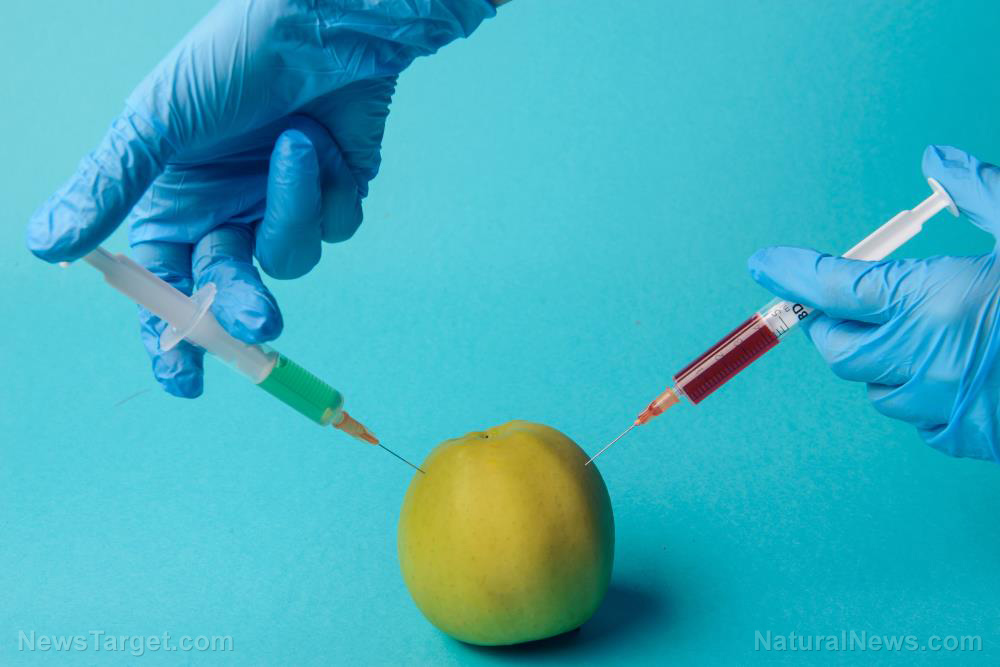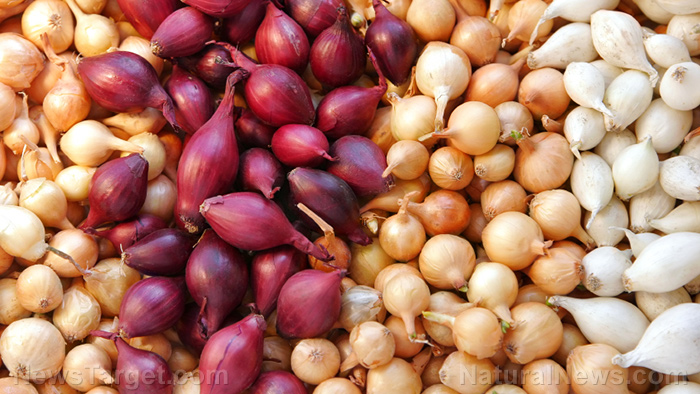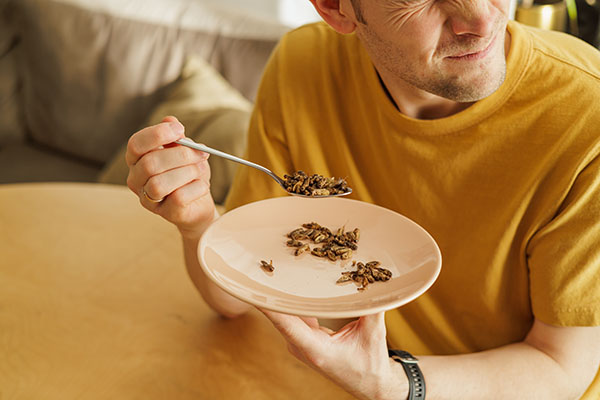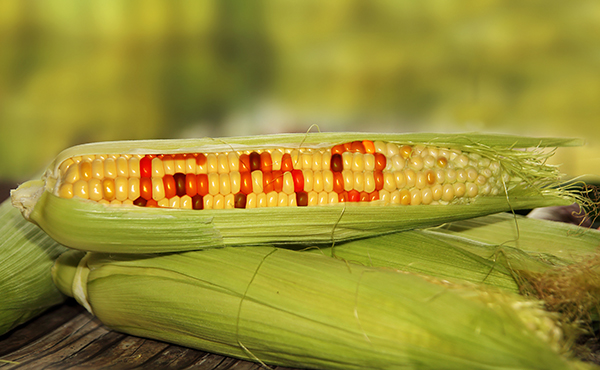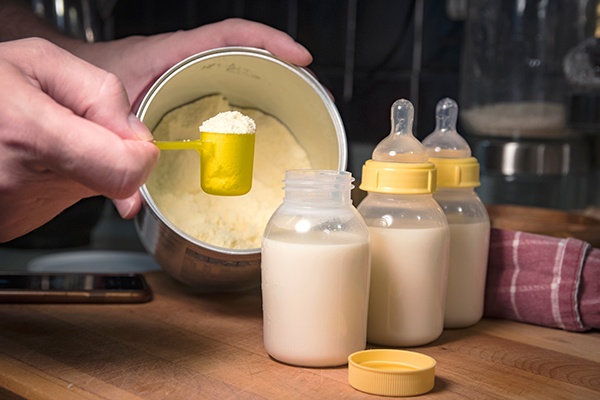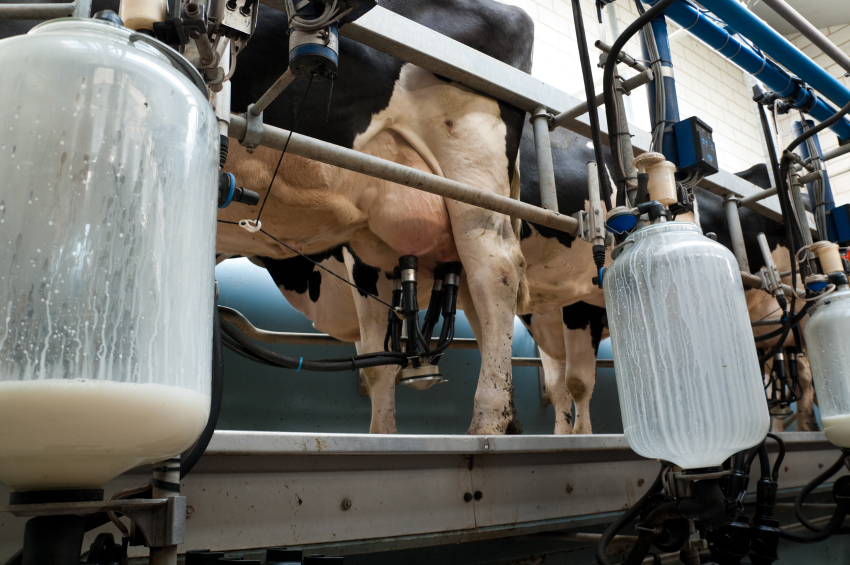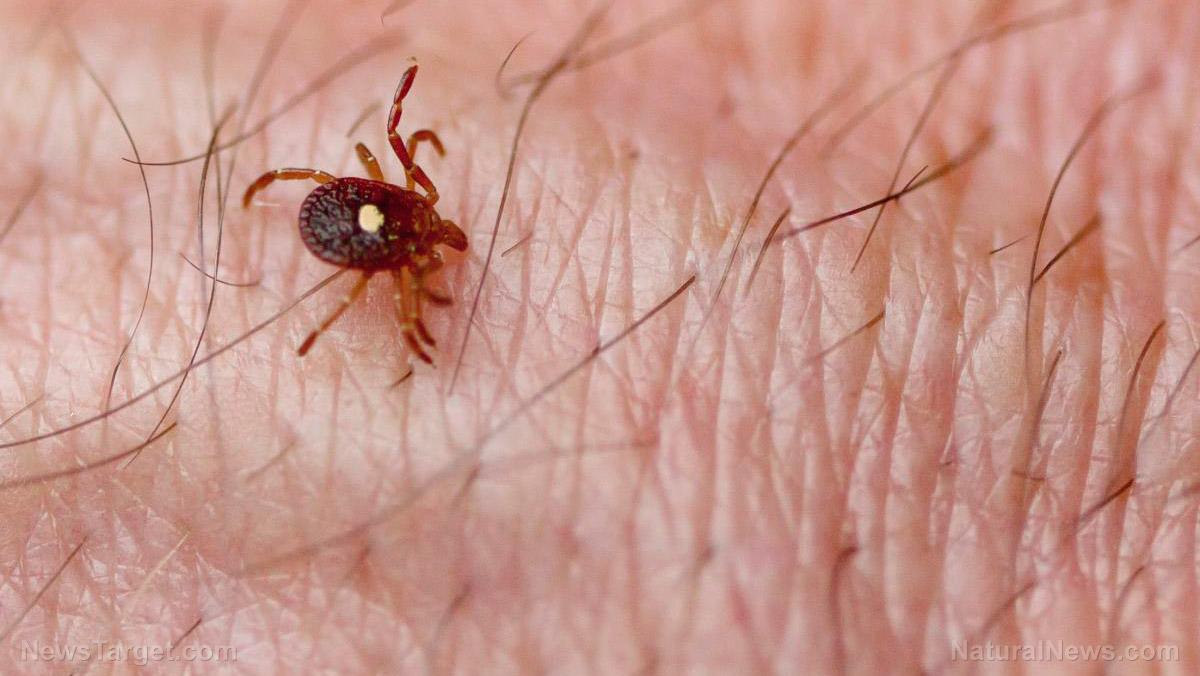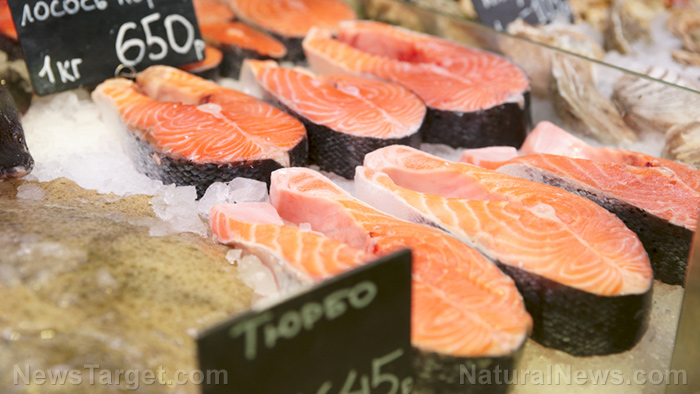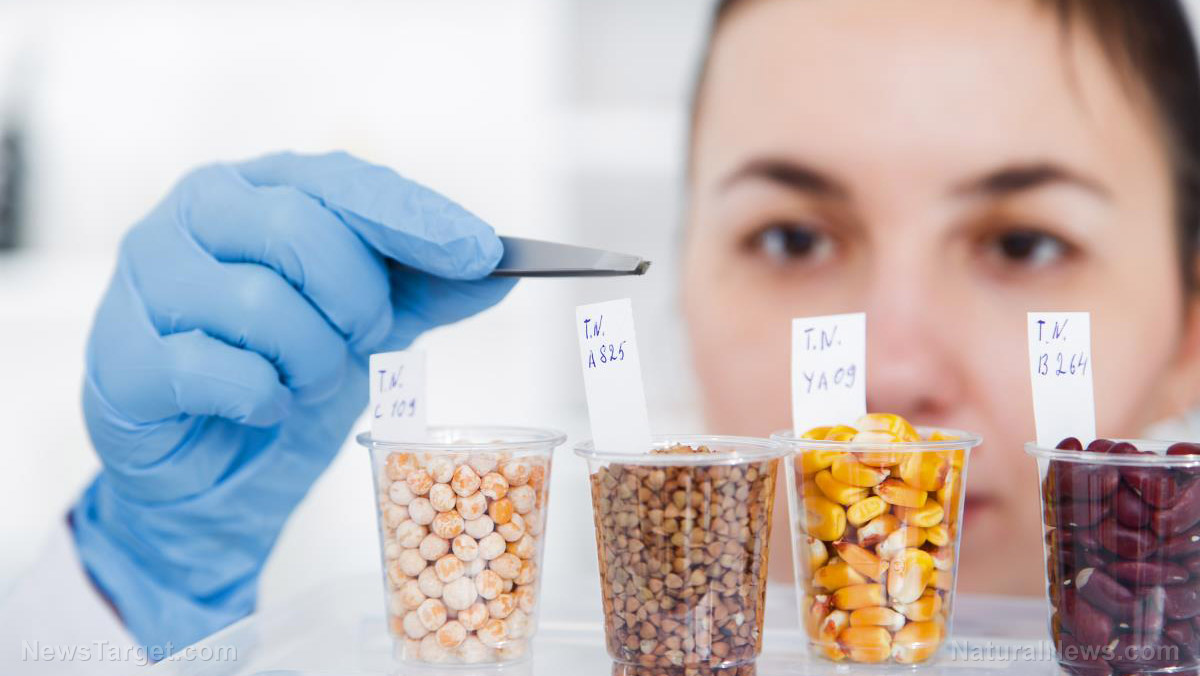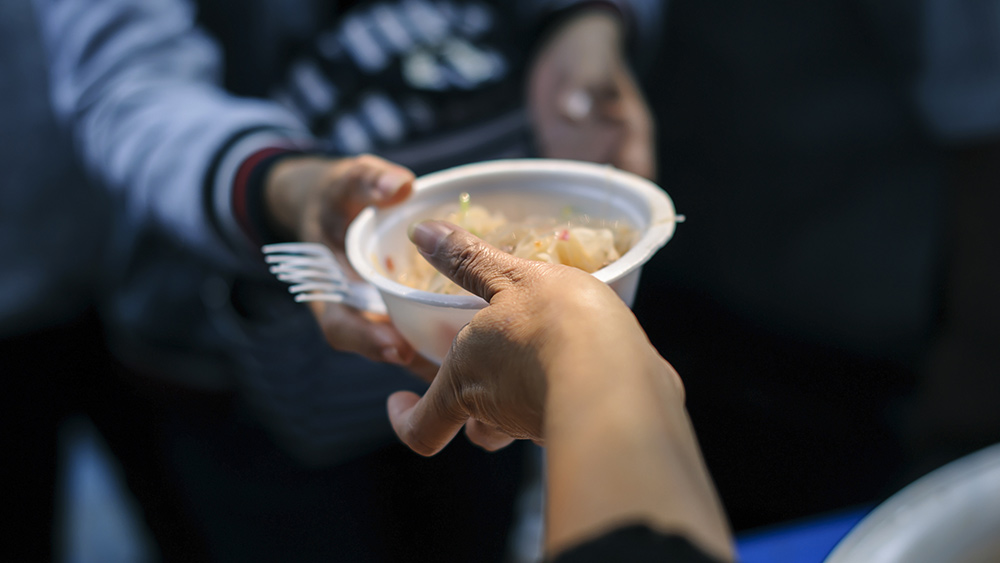8 Confirmed SALMONELLA cases in Canada’s British Columbia province linked to CANTALOUPES imported from Mexico
11/22/2023 / By Olivia Cook
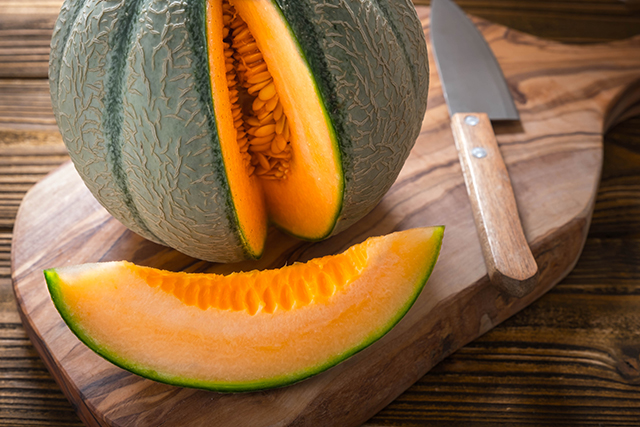
Eight confirmed cases of salmonella infection have been documented in the Canadian province of British Columbia, all linked to cantaloupes imported from Mexico.
In a Nov. 15 statement, the British Columbia Center for Disease Control (BCCDC) and regional health authorities warned the public not to consume, distribute, serve or use any whole or pre-cut cantaloupes sold under the label Malichita. As per genetic sequencing, most of the illnesses detected to date were caused by the rare S. soahanina strain – also called S. sundsvall – found in the contaminated melons.
Since mid-November, there have been eight salmonella cases confirmed in the Fraser Health, Island Health and Vancouver Coastal Health regions in British Columbia – affecting people aged less than a year to 68. Affected residents experienced symptoms typical of salmonellosis, including abdominal pain, diarrhea, fever, headache, nausea, stomach cramps and vomiting. Dehydration was also observed in infants.
Public health investigation of the cases showed a link to the Malichita cantaloupes reportedly imported from Mexico, sold to Fruits et Legumes Gaetan Bono and distributed to the following areas:
- Alberta
- British Columbia
- Manitoba
- New Brunswick
- Newfoundland and Labrador
- Nova Scotia
- Ontario
- Prince Edward Island
- Quebec
- Possibly other Canadian provinces and territories
British Columbians were advised to immediately dispose of Malichita cantaloupes that were sold from Oct. 11 to Nov. 14, or return them to the location where they were purchased. Further guidance provided by the BCCDC and regional health authorities included the following:
- If you have diarrhea caused by consuming contaminated food and water, you should not go to school or work until at least 48 hours after your last loose stool or vomiting episode to ensure you have had a chance to recover and reduce the possibility of transmitting salmonella infection to others.
- Wash your hands frequently and properly – before and after eating; before and after handling food; immediately after handling raw food and before touching anything else; after using the toilet or changing diapers; after touching animals, including pets, their feces, pet food, etc. (Related: Protect pets from salmonella with electrolyzed water.)
- Care for children in daycare centers who experience diarrhea or vomiting temporarily in an area separate from the others. They may be given oral rehydration salt solutions that you can buy over the counter to prevent dehydration.
- Practice proper food handling to prevent salmonella and other pathogens from proliferating and contaminating or cross-contaminating food. (Related: Prevent FOOD CONTAMINATION and food poisoning with these simple steps.)
U.S. also declares salmonella outbreak traced to imported cantaloupe
The U.S. Centers for Disease Control and Prevention (CDC) also declared an outbreak of salmonella days after Canadian officials reported the eight confirmed cases in British Columbia. Just like the outbreak in Canada, the American outbreak has been traced to Malichita brand cantaloupes imported from Mexico. In the U.S., the outbreak was spread across 15 states, with 43 confirmed salmonellosis cases – with at least 17 people requiring hospitalization.
Sofia Produce, LLC of Nogales, Arizona, which does business under the name Trufresh, has performed a product recall after the Canadian Food Inspection Agency determined that additional imported cantaloupes from Mexico have possible salmonella contamination.
According to the company’s recall announcement, the cantaloupes were packed in cardboard containers bearing the Malichita label. The containers were distributed between Oct. 16 and 23 in the following states: Arizona, California, Florida, Illinois, Maryland, Michigan, New Jersey, Tennessee, Texas and Wisconsin.
However, the U.S. Food and Drug Administration noted that the contaminated cantaloupes may have reached consumers through retail produce markets located in states other than those previously identified. Buyers who have purchased the recalled products were instructed to dispose of them and retain their records of disposal.
Visit Outbreak.news for more similar stories.
Watch this video about a similar salmonellosis outbreak also caused by contaminated cantaloupes.
This video is from the Daily Videos channel on Brighteon.com.
More related stories:
SALMONELLA outbreak in various states prompts RECALL of diced onion products.
CDC reports salmonella outbreak from tainted ground beef after recording 16 cases in four states.
10 Simple ways to prevent salmonella and other bacteria.
Oyster recall: Salmonella contamination forces Canadian company to recall oysters.
Sources include:
Submit a correction >>
Tagged Under:
big government, British Columbia, Canada, cantaloupes, CDC, clean food watch, dangerous, FDA, food police, food safety, food supply, grocery, infections, Malichita, national security, outbreak, Product recall, products, salmonella, Salmonella soahanina, Salmonella sundsvall, salmonellosis, stop eating poison
This article may contain statements that reflect the opinion of the author
RECENT NEWS & ARTICLES
COPYRIGHT © 2022 FoodPolice.news
All content posted on this site is protected under Free Speech. FoodPolice.news is not responsible for content written by contributing authors. The information on this site is provided for educational and entertainment purposes only. It is not intended as a substitute for professional advice of any kind. FoodPolice.news assumes no responsibility for the use or misuse of this material. All trademarks, registered trademarks and service marks mentioned on this site are the property of their respective owners.

